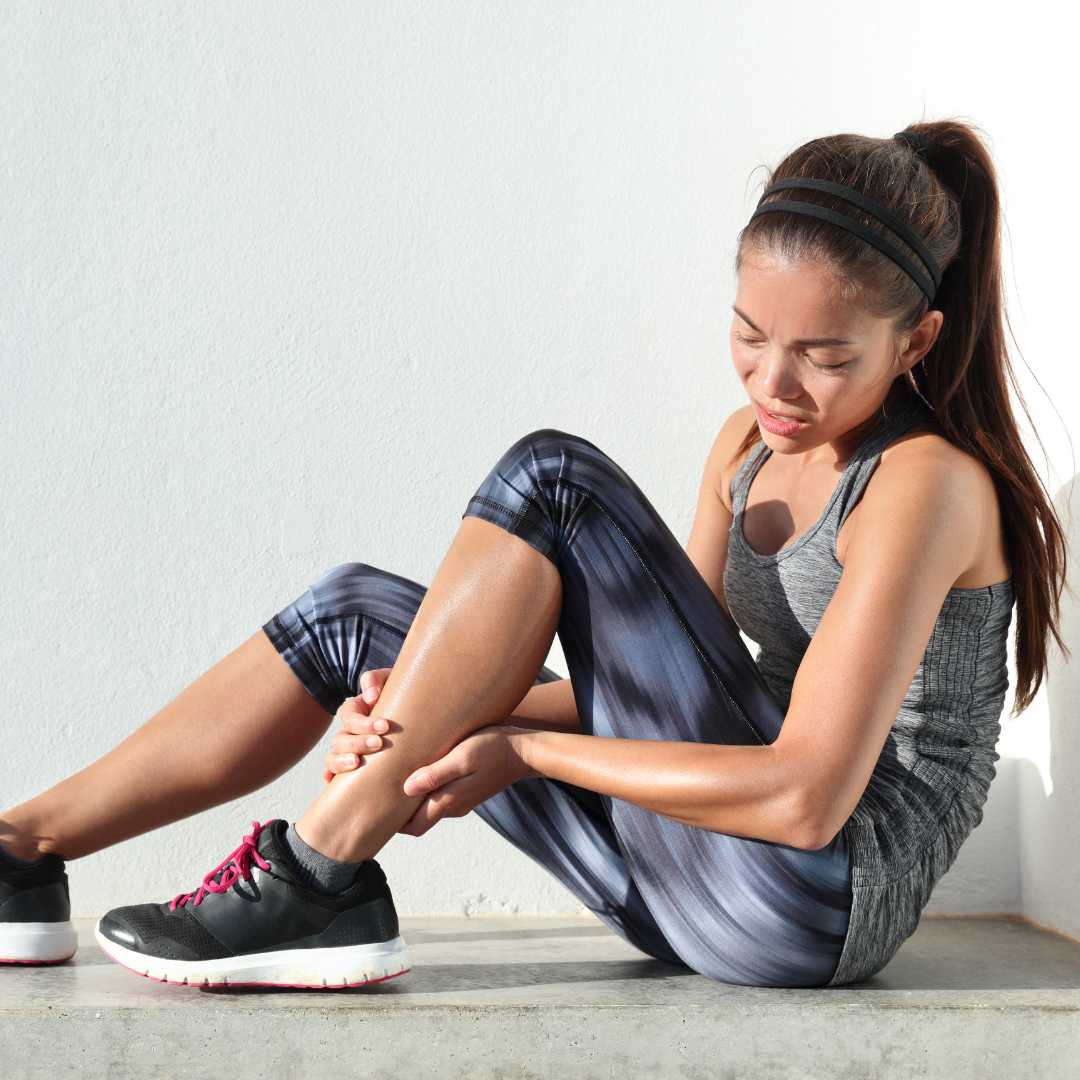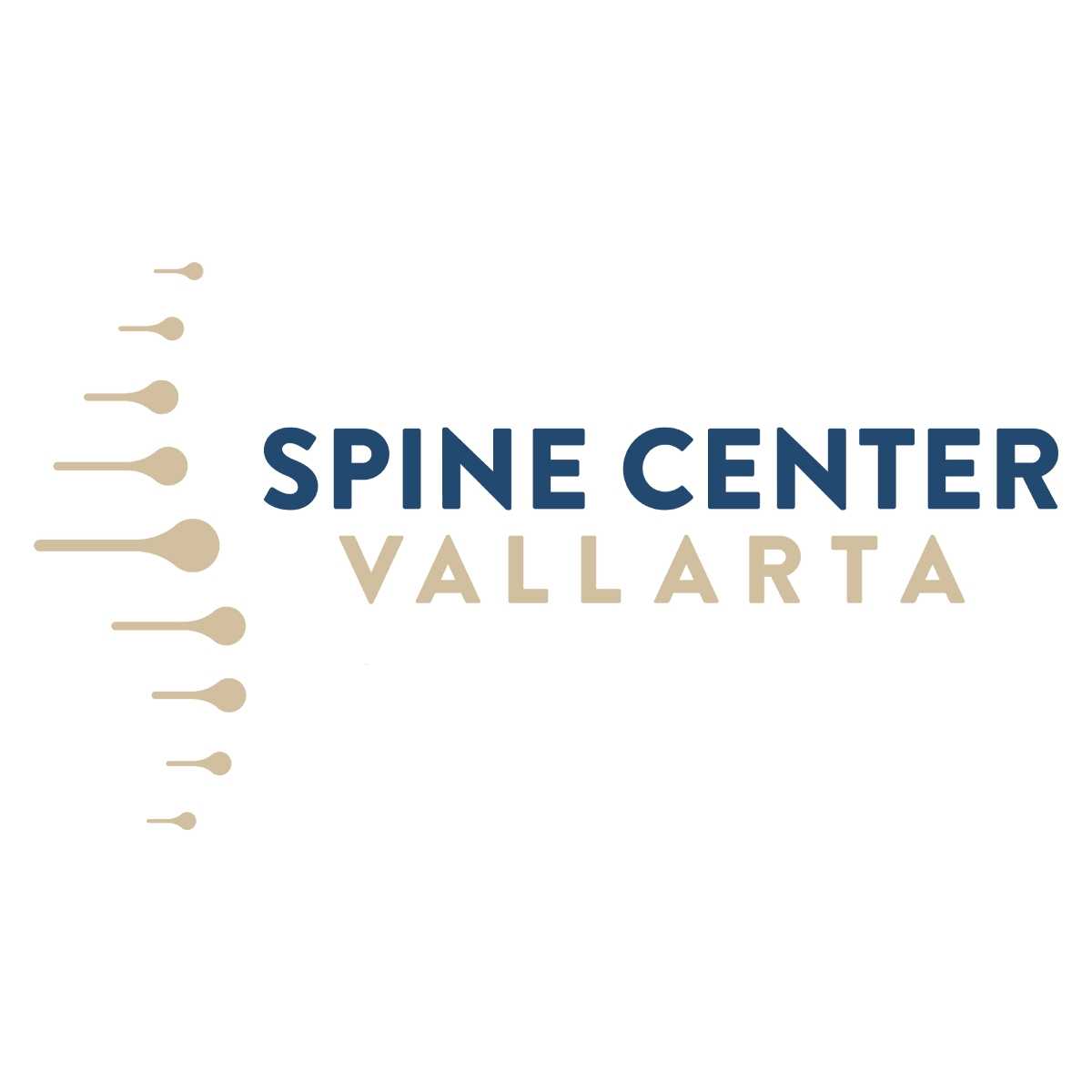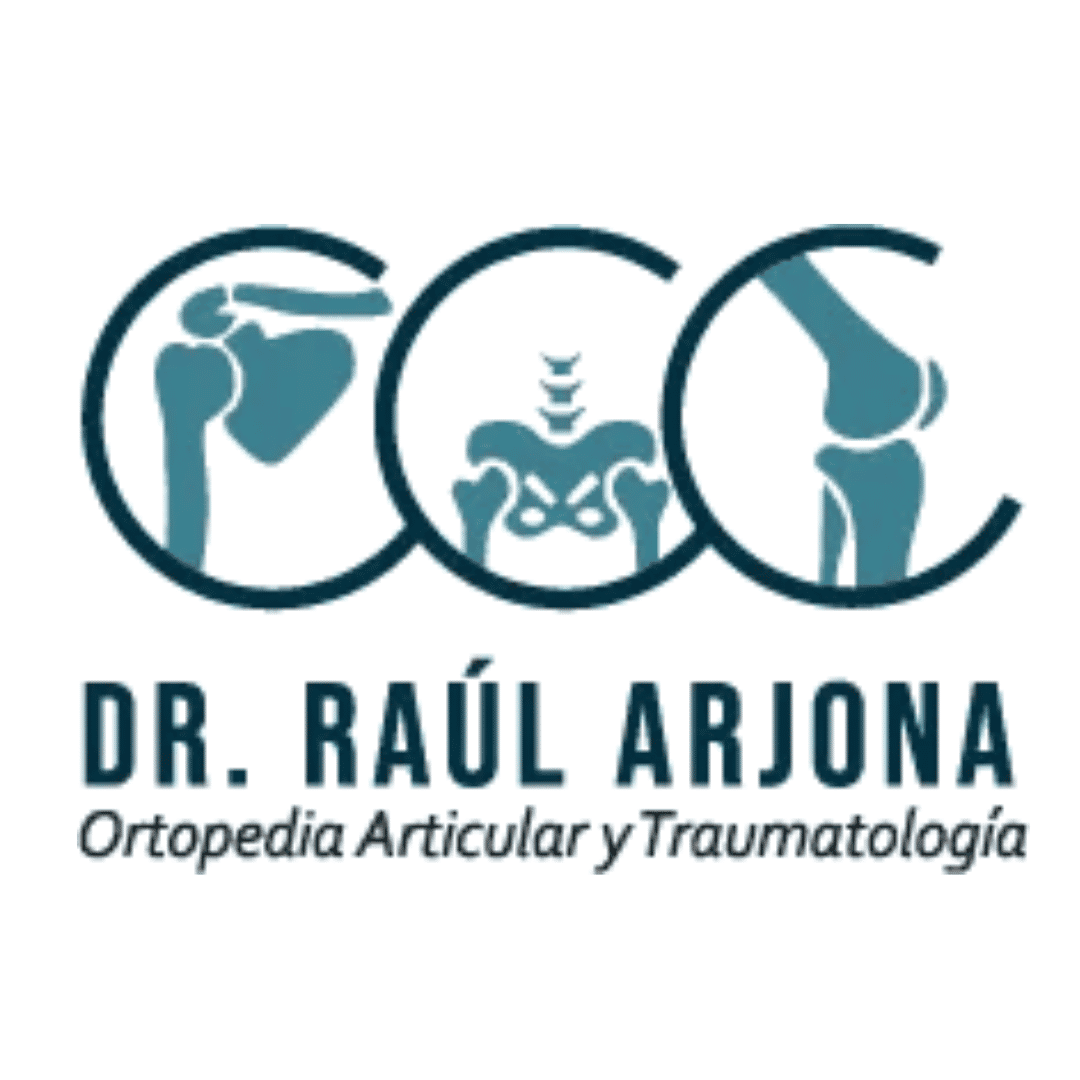Shoulder Replacement in Mexico: What to Expect & How Much It Costs

Shoulder pain can be debilitating, severely impacting daily life and limiting movement. When non-surgical treatments are no longer effective, shoulder replacement surgery becomes a viable option to restore function and relieve chronic pain. For many, the high costs associated with such procedures in their home countries, particularly the United States, make them seek alternatives abroad. Mexico has emerged as a leading destination for medical tourism, offering high-quality shoulder replacement at significantly lower prices. This blog post delves into the costs, considerations, and common questions surrounding shoulder replacement in Mexico, helping you make an informed decision.
How much does a total shoulder replacement cost in Mexico?
"A total shoulder replacement in Mexico typically ranges from $12,000 to $20,000 USD, including surgical fees, hospital charges, and often, initial post-operative care."
This price range is significantly lower than in countries like the United States, where the same procedure can cost anywhere from $30,000 to $50,000 USD or even more, without including all the associated expenses. The affordability in Mexico doesn't mean a compromise on quality; rather, it's due to lower overhead costs for medical facilities and a more favorable economic landscape. Patients considering a shoulder replacement can achieve substantial savings by choosing Mexico.
What factors influence the cost of shoulder replacement in Mexico?
"The cost of shoulder replacement in Mexico is influenced by the type of prosthesis used, the complexity of the surgery, the surgeon's experience, the hospital's reputation and location, and the inclusion of pre and post-operative care."
Several factors contribute to the variation in shoulder replacement costs across different clinics and cities in Mexico. The type of shoulder implant, whether it's a standard total shoulder replacement or a reverse shoulder replacement, plays a significant role, with specialized prostheses sometimes incurring higher costs. The complexity of the patient's condition, such as previous surgeries or severe arthritis, can also extend surgical time and require more resources, thus increasing the overall price. Furthermore, highly experienced and renowned surgeons might charge more for their expertise, and hospitals in major medical tourism hubs like Cancun or Guadalajara may have slightly different pricing structures compared to smaller cities. Comprehensive packages that bundle pre-operative diagnostics, surgical fees, hospital stay, anesthesia, and initial physical therapy will also impact the final price.
Are there different types of shoulder replacement procedures, and how do they affect the cost?
"Yes, there are different types of shoulder replacement procedures, including total shoulder replacement, partial shoulder replacement, and reverse shoulder replacement, each with varying costs reflecting their complexity and specific indications."
-
Total Shoulder Replacement (Total Shoulder Arthroplasty): This is the most common type, where both the ball (head of the humerus) and the socket (glenoid) of the shoulder joint are replaced with prosthetic components. This procedure is typically performed for severe osteoarthritis or other forms of degenerative joint disease. The cost for a total shoulder replacement is generally within the higher end of the spectrum due to the replacement of both components.
-
Partial Shoulder Replacement (Hemiarthroplasty): In this procedure, only the head of the humerus (the ball part of the joint) is replaced with a prosthetic implant, while the glenoid socket is left intact. It's often recommended when only the humeral head is significantly damaged, such as in cases of certain fractures or avascular necrosis. As it's a less extensive procedure than a total replacement, the cost for a partial shoulder replacement can be slightly lower.
-
Reverse Shoulder Replacement (Reverse Total Shoulder Arthroplasty): This is a specialized procedure where the ball and socket components are switched: a metal ball is attached to the shoulder blade, and a plastic socket is placed on the upper arm bone. This type of shoulder replacement is typically performed for individuals with cuff tear arthropathy (severe arthritis combined with a non-repairable rotator cuff tear) or failed conventional shoulder replacement. Due to its technical complexity and specific design, a reverse shoulder replacement may sometimes be at the higher end of the cost spectrum.
What does the quoted price for shoulder replacement in Mexico typically include?
"The quoted price for shoulder replacement in Mexico typically includes the surgeon's fees, anesthesia, hospital facility fees, the cost of the prosthetic implant, and initial post-operative consultations."
Many reputable clinics and hospitals in Mexico offer comprehensive packages for shoulder replacement surgery to cater to international patients. These packages are designed to provide transparency and convenience. Generally, the price covers the surgeon's professional fees, the cost of the anesthesia and the anesthesiologist's services, the use of the operating room and hospital stay (often for a few nights), and the cost of the shoulder implant itself. Some packages might also include pre-operative diagnostic tests (like X-rays and MRI scans), initial physical therapy sessions, and airport transfers. It's crucial for patients to confirm exactly what is included in their chosen package to avoid any unexpected costs.
How long is the recovery time for shoulder replacement surgery?
"The initial recovery for shoulder replacement surgery typically involves 6-8 weeks of limited arm movement and physical therapy, with full recovery taking anywhere from 6 months to a year or more, depending on the individual and adherence to rehabilitation."
After shoulder replacement surgery, patients usually stay in the hospital for a few days. Upon discharge, the arm is often immobilized in a sling for several weeks to protect the healing tissues. Physical therapy is a crucial component of recovery and usually begins shortly after surgery. This therapy focuses on regaining range of motion, strength, and function. The overall recovery timeline for shoulder replacement can vary significantly from person to person, influenced by factors such as the patient's age, general health, the extent of the initial shoulder damage, and their dedication to the prescribed rehabilitation program. Most patients experience significant pain relief and improved function within the first few months, with continued improvement over a year.
Is shoulder replacement in Mexico safe?
"Yes, shoulder replacement in Mexico can be very safe, especially when performed in internationally accredited hospitals by highly qualified and experienced orthopedic surgeons."
Mexico has a growing medical tourism industry, with many hospitals meeting rigorous international standards for patient care and safety. Many Mexican orthopedic surgeons have received training in the United States, Europe, or other well-respected medical institutions globally, bringing a high level of expertise to their practice. Patients should research and choose facilities that are accredited by recognized international organizations, such as the Joint Commission International (JCI), which signifies a commitment to patient safety and quality of care. While any surgical procedure carries inherent risks, selecting a reputable hospital and an experienced surgeon significantly minimizes these risks when considering shoulder replacement in Mexico.
What are the potential risks and complications of shoulder replacement surgery?
"Like any major surgery, shoulder replacement carries potential risks, including infection, blood clots, nerve or blood vessel damage, implant loosening or dislocation, and ongoing pain or stiffness, though these are relatively rare."
While shoulder replacement surgery is generally successful in alleviating pain and improving function, it's important to be aware of the potential complications. Infection, though uncommon, can occur at the surgical site and may require further treatment. Blood clots can form in the legs and, in rare cases, travel to the lungs. Damage to nerves or blood vessels around the shoulder joint is also a rare but possible complication. Over time, the prosthetic shoulder implant can loosen or dislocate, potentially requiring revision surgery. Some patients may experience persistent pain or stiffness even after surgery, though this is less common with successful rehabilitation. Discussing these risks thoroughly with your surgeon before the procedure is essential.
How do I choose a reputable clinic or surgeon for shoulder replacement in Mexico?
"To choose a reputable clinic or surgeon for shoulder replacement in Mexico, look for international accreditations, board certifications, extensive experience in shoulder replacement, positive patient reviews, and clear communication regarding treatment plans and costs."
Selecting the right medical provider is paramount for a successful shoulder replacement experience in Mexico. Start by looking for hospitals that hold international accreditations, as these signify adherence to global standards of quality and safety. Verify that the orthopedic surgeon is board-certified and has significant experience specifically with shoulder replacement procedures. Patient testimonials and reviews can offer valuable insights into the experiences of others. It's also important to ensure clear and open communication with the medical team, allowing you to ask all your questions and understand the entire treatment process, including pre-operative assessments, the surgery itself, and post-operative care.
What is the pre-operative process for shoulder replacement in Mexico?
"The pre-operative process for shoulder replacement in Mexico typically involves a thorough medical evaluation, including physical examinations, blood tests, X-rays, and often an MRI or CT scan, to assess the shoulder's condition and overall health."
Before undergoing shoulder replacement surgery in Mexico, patients will go through a comprehensive pre-operative assessment. This usually includes a detailed medical history review, a physical examination of the shoulder and overall health, and various diagnostic tests. These tests often comprise blood work to check general health and clotting ability, X-rays to visualize the bone structure, and sometimes more advanced imaging like an MRI or CT scan to get a detailed view of the soft tissues and joint. This assessment helps the surgical team understand the extent of the damage to the shoulder, plan the most appropriate surgical approach, and ensure the patient is a suitable candidate for the procedure, minimizing potential risks.
Will I need physical therapy after shoulder replacement in Mexico?
"Yes, physical therapy is a crucial and integral part of the recovery process after shoulder replacement in Mexico, essential for regaining mobility, strength, and full function of the shoulder."
Physical therapy (PT) is not optional but a mandatory component of a successful shoulder replacement recovery. It typically begins very soon after surgery, even while the patient is still in the hospital. The early stages of PT focus on gentle range-of-motion exercises to prevent stiffness. As healing progresses, the therapy advances to include strengthening exercises and functional movements. Your surgeon and physical therapist in Mexico will provide a detailed rehabilitation plan. Patients are often encouraged to continue PT upon returning home, working with a local therapist to ensure long-term success and optimal outcomes for their shoulder replacement. Adherence to the physical therapy regimen is key to achieving the best possible results and maximizing the benefits of the surgery.
How does the quality of care for shoulder replacement in Mexico compare to other countries?
"The quality of care for shoulder replacement in Mexico in reputable, internationally accredited facilities is comparable to that found in developed countries, with experienced surgeons and modern equipment."
Mexico has significantly invested in its healthcare infrastructure, particularly in medical tourism destinations. Many hospitals in Mexico boast state-of-the-art equipment, modern operating rooms, and follow international best practices for patient safety and surgical protocols. The orthopedic surgeons performing shoulder replacements are often highly trained, with many having received education and fellowships in leading medical centers worldwide. While it's essential to research and choose reputable facilities, patients can expect a high standard of medical care and expertise for their shoulder replacement in well-regarded Mexican hospitals, often at a fraction of the cost found elsewhere.
What are the benefits of choosing Mexico for shoulder replacement?
"The benefits of choosing Mexico for shoulder replacement include significantly lower costs, access to highly skilled surgeons and modern facilities, shorter waiting times, and the opportunity for a recovery in a pleasant environment."
For many patients, the primary draw of shoulder replacement in Mexico is the substantial cost savings compared to procedures in countries like the United States or Canada. However, the advantages extend beyond just price. Mexico offers a strong contingent of highly qualified orthopedic surgeons who specialize in shoulder replacement. Many hospitals are equipped with advanced medical technology and adhere to international standards of care. Patients often benefit from shorter waiting times for surgery compared to some public healthcare systems. Additionally, the option to recover in a warmer climate or a tourist-friendly city can be an appealing aspect of the medical travel experience.
Is it common for international patients to seek shoulder replacement in Mexico?
"Yes, it is increasingly common for international patients, particularly from the United States and Canada, to seek shoulder replacement in Mexico due to its affordability and quality medical care."
Mexico has firmly established itself as a popular destination for medical tourism, attracting thousands of patients annually for various procedures, including orthopedic surgeries like shoulder replacement. The close proximity for North American patients, combined with competitive pricing and a reputation for skilled medical professionals, makes it a logical and attractive choice. Many clinics and hospitals in Mexico are well-versed in catering to international patients, offering services such as English-speaking staff, assistance with travel logistics, and comprehensive packages that simplify the process of undergoing shoulder replacement abroad.
Considering shoulder replacement and exploring your options? PlacidWay is here to help you navigate the world of medical tourism, connecting you with top-tier clinics and experienced surgeons for shoulder replacement in Mexico and other healthcare services worldwide. Explore your possibilities for effective and affordable treatment today.


.png)



.png)










Share this listing